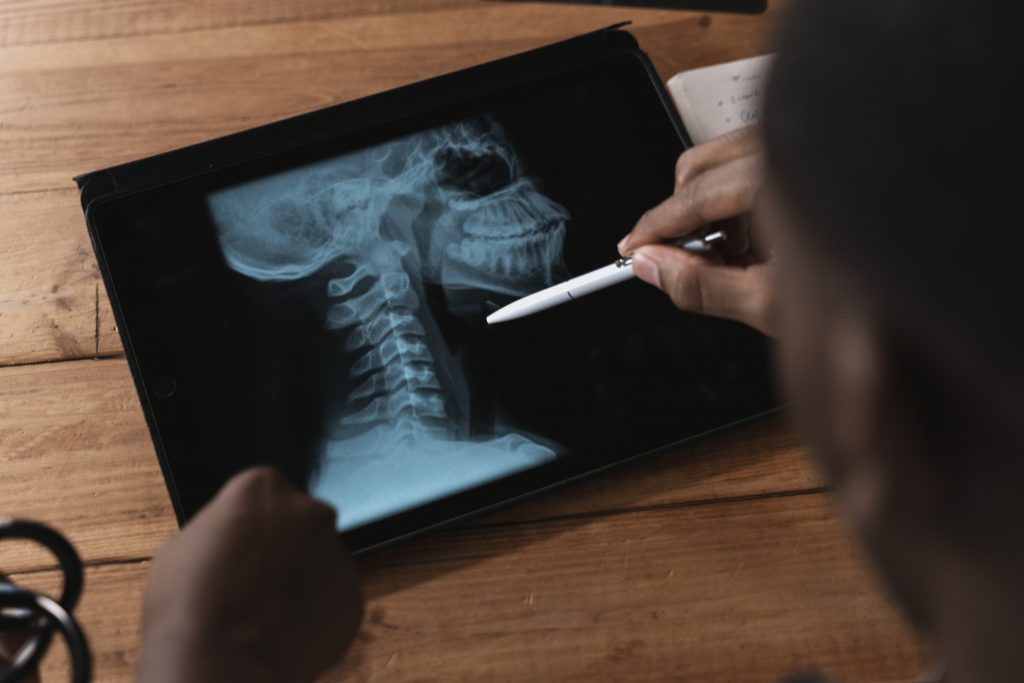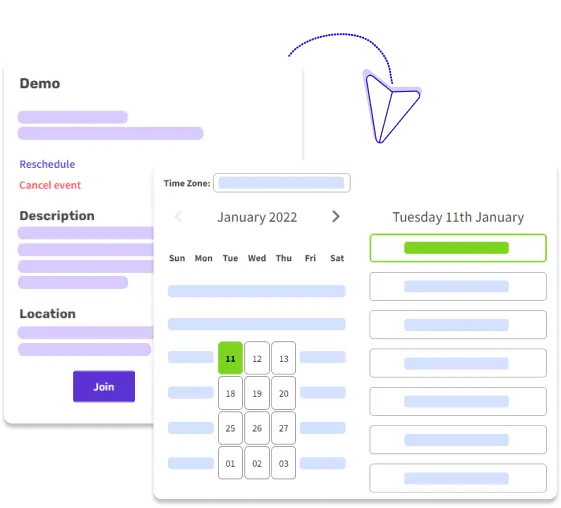If you are reading this guide, chances are you already know something about telemedicine video conferencing (a.k.a. telehealth video calls). Or at least you’ve heard the term ‘mobile doctor’.
A lot has been written about them. Many countries have already implemented telehealth services as part of their national healthcare systems. A lot of private clinics are choosing to go down that route as well.
There are many reasons for this – people save time on traveling, resources are more efficiently used, and administration is easier. Most recently, telehealth has been a strong helping hand in the pandemic situation.
But you have already heard this before, haven’t you? Yes – online video services have become really popular and everyone seems to be talking about them. But consultations in the healthcare area are special and there are serious reasons why they are so important – for you and for your patients.
Why telemedicine video conferencing is that important?
Less complicated access to medical care
Not all of your patients can easily come to see you. Some of them live far away, maybe even on a different continent. For certain consultations though you don’t really need to be physically next to your patient – like for a second opinion on an MRI for example.
In countries with many small villages, it is often the case that a single doctor serves a very large area. It is common that they are available on-site only once a week. This usually leaves some patients without consultation, and actually many consultations don’t require a physical examination. Telehealth is perfect for such cases, improving access to medical care.

More flexibility for the mobile doctor
The medical profession is a consuming one. Shifts are long and it’s a standard to be working for more than one hospital/clinic at the same time. Maybe you are even running your own private practice. It’s a real challenge to find time for anything. But running your practice online as a mobile doctor and start providing video consultations can change that. Working from home, even for half a day a week, can mean seeing your children as they leave for school in the morning. Or picking up your grandchildren from school. Or catching up with a friend you haven’t seen in a while. You name it.
Using video can attract more patients
Telehealth video calls are difficult to implement in a clinical environment, but they are extremely suitable for a small private practice. Remember, offering your patients professional advice without the need for them to take time off work, travel, and wait on the phone just to make an appointment, is a highly attractive service. There will be people who prefer the ease of access to the hospital’s cumbersome appointments.
Video is more sparing
A study by several British doctors suggests that video consultations are a sparing way for patients to receive concerning news. This can be a negative update about their treatment, the need for surgery, or a serious diagnosis. Patients have shared that they prefer receiving such news in their homes. This allows them to be surrounded by other family members and to avoid the stressful journey after the appointment.
Must-knows before you start providing medical consultations online

If you’ve covered that base, you can enter the subtleties of telemedicine, become a mobile doctor and run an online medical business.
You are already aware that not every medical problem can be diagnosed or resolved via video consultation. And it’s your responsibility to ensure that you don’t take on patients for video conferencing in telemedicine unless you think you can help them via a video call. Otherwise, you would be compromising your reputation as a specialist. Research shows that the most suitable cases for online consultation are those with long-term conditions. It also helps if the doctor and patient have an existing relationship and already trust each other.
If you want to consult new patients, let them know what to expect by adding a message to your platform. You can state what the consultation will include and what will happen afterward (i.e. running more tests, follow-up consultation, etc.). You can also request that they upload all their test results to your secure platform in advance of the call.
Take care of the environment and connection
If you are doing the consultation from home make sure you are using a dedicated space and that you will not be interrupted in any way. Turn off all other devices and keep any pets or children out of the room. You will sometimes be discussing serious medical problems and it’s best to avoid having to deal with a distraction.
Make a contingency plan of what you are going to do if your Internet connection fails. Is it appropriate to use the Internet from your mobile phone? Can you have the consultation by phone if the Internet is completely unavailable?
How to ensure good patient-doctor communication in a video consultation

Telemedicine video conferencing is not very different from a face-to-face consultation, it simply excludes a physical examination. There are a few things it is good to be aware of if you want to offer telehealth video conference appointments.
Make sure at the start that both you and your patient hear and see each other well. If your patient isn’t coping with adjusting volume, ask if there is someone around them to help with the equipment.
Find out whether your consultation can or can’t be recorded – this will depend on the video service you have chosen. Carefully weigh the pros and cons of keeping a recording (if possible at all). It could be useful to be able to refresh your memory, but it can also be a compliance headache. In either case, inform your patient about this and if there will be no recordings, advise them to take notes.
During the consultation, inform your patient when you’re writing something down or if you are checking some information. In case you are making adjustments to their medication, ensure that they write them down correctly.
Pro tip
Make good use of all extra features of a video call. Screen share, for example, can be very useful to discuss lengthy results of electronic tests.
At the end of the consultation discuss how you will share the diagnosis documents and prescriptions. Do this via the video platform you are using because you can send the document straight away. If electronic prescriptions are not available, postal services are always an option.
How does technology improve a video medical consultation?

Telehealth video calls have a couple of purely technological advantages that improve the whole experience for you and your patient.
As a mobile doctor, you need to make sure you can reach your patients beyond traditional clinical environments.
Having a scheduling option via the video service platform that you sign up for is extremely useful. The free versions of Skype, Zoom, or Microsoft Teams don’t include this option.
However, it’s worthwhile having it as it takes off the burden of managing your calendar.
3veta allows you to have a full overview of your availability and helps you organize your telehealth video calls. Furthermore, it makes it so easy for your patients to book an online consultation with you.

In addition, 3veta saves you money. You won’t need special telemedicine video conferencing software because you can host your online appointments within the platform.
And you can also collect payments.
3veta is your all-in-one telehealth video conferencing platform.
Integrated chat can also be useful for your online practice, however, explain to your patient what exactly they should be using it for. It’s a great option for them to give you a quick treatment update or to confirm something with you. If you start receiving unreasonable questions though, don’t hesitate to offer another video consultation.
What video platforms can make extremely easy for you is payments. By signing up for a specific platform make sure you check how payments are handled:
- When will your funds be available to you? This could be after each consultation, or on specific dates each month.
- How will you be handling refunds? Will you have to deal with their administration?
- How easy is it to check your earnings?
So apart from being well prepared for the small differences between a video consultation and a face-to-face one, it is also important to make a careful choice of platform for the service you will be offering. There is already a range of them available on the market. Depending on your specialty you will decide whether to go for a simpler or a more complex one.
Are telehealth services the future?
Undoubtedly.
All major countries have implemented or are implementing some kind of telehealth system for their citizens. Private healthcare is doing the same. And the results are already showing that both patients and mobile doctors are appreciating the benefits. Video medical consultations are safe, convenient, and thanks to new technologies, much more efficient.
The question is – are they in your future?
